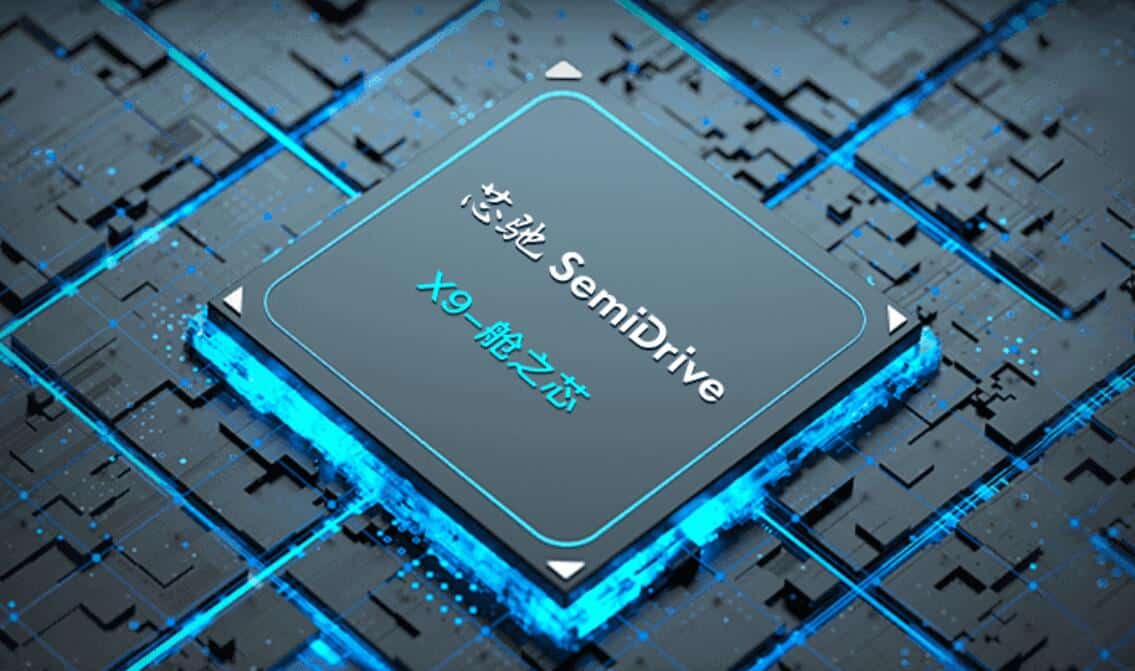SemiDrive currently has four series of products with an annual output of one million chips.
(Image credit: SemiDrive)
SemiDrive, a local Chinese automotive chip startup, today announced the closing of an RMB 1 billion ($140 million) Series B+ financing round, following the completion of an RMB 1 billion Series B financing round last July.
The latest round was led by a fund established by SAIC and CITIC Securities, and the funds will be used to enhance the company's core technology and update its automotive chip products, according to a post by the company on its WeChat account.
The funds will also be used to accelerate the use of SemiDrive's products in vehicles and to strengthen service capabilities, the company said.
SemiDrive was founded in 2018 to focus on developing highly reliable, high-performance automotive chips, and 80 percent of its employees are R&D staff, with R&D investments accounting for more than 50 percent of its total spending, according to the company.
SemiDrive currently has four series of products, including intelligent cockpit chip X9, intelligent driving chip V9, central gateway chip G9, and high-performance MCU E3.
All four chips are currently in mass production and installed in vehicles, with an annual output of one million pieces, according to the company.
SemiDrive's products already cover 90 percent of local car companies, with more than 100 orders for mass production projects and more than 260 customers, it said.
The company completed an RMB 500 million Series A investment in May 2020 and released the X9, V9 and G9 automotive chips in the same month.
In July 2021, SemiDrive released "UniDrive", a fully open autonomous driving platform based on the V9 series chips.
July 26, 2021, SemiDrive completed RMB 1 billion in Series B financing and has completed 7 rounds of financing so far.
The company plans to launch the higher arithmetic power V9S autonomous driving chip in 2023, which is developed for the central computing platform architecture, with an arithmetic power of 500-1000T, and can support L4/L5 robotaxi.
